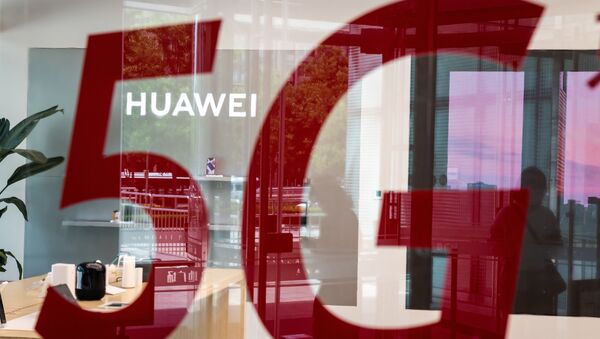Reliance Jio and Bharti Airtel make for two of India’s biggest telecom players with 387.5 million and 322.54 million users respectively. Both of the telcos have begun accelerating their efforts to ready the ecosystem for high-speed 5G networks well in advance, so that when the spectrum auction happens in 2021, the next generation web can be rolled out in the country quickly. India’s 5G trials were first scheduled for earlier this year, but they now stand postponed by at least a year due to the COVID-19 pandemic.
Here’s What Sunil Bharti Mittal's Airtel is Up To:
Revealing in its annual report for the fiscal year (FY) 2019-2020, released Tuesday, Airtel said it is already in the process of upgrading its existing 4G base stations with 5G requirements and capabilities.
"Preparation for the execution of trials has been in full swing for smooth and effective trial execution when the spectrum is available for the same”, the company said in its annual report.
The telco recently renewed its equipment-deal with Sweden’s Ericsson and had also roped in Finland’s gear maker Nokia to strengthen its current 4G speeds across India, as well as to provide network, IT automation, and Artificial Intelligence (AI)-driven managed services across the country.
It is hence being speculated that the telco will team up with these non-Chinese equipment players for its 5G services as well.
“Indian telcos will have no issues in implementing 5G without taking Chinese equipment. Indian companies have multiple other options like Ericsson, Nokia, Samsung, Qualcomm and more. Even Reliance is expected join the race of equipment manufacturing very soon”, senior cyber security and tech analyst Achen Jhaker told Sputnik.
Here’s What Reliance Jio, Headed By the World’s Fifth Richest Person Mukesh Ambani, is Up To:
After roping in mega investments worth $15.33 billion in the last two months from companies including Facebook and Google, along with several American private equity firms, Jio is now working on developing its own technologies and solutions to prepare for 5G trials.
Recently, media quoted Ambani as saying that Jio’s “Made-in-India” 5G solution will step into trials once the spectrum allocations happen, probably next year. At the beginning of the year, Jio roped in South Korean tech giant Samsung for 5G trials, but the company later applied to go solo.
After trying and cleaning up its 5G solutions in India, the company also plans to export them to global telecom operators as a “complete managed service”.
“The current national resistance towards non-Indian products will help Indian brands with a platform to replace them with a better quality product, competing with strong International brands on a global stage”, said Sonit Jain, head of the Indian IT company GajShield Infotech.
India is yet to make a formal call on whether the country will eventually allow Chinese players to participate in its 5G trials and deployment.
Meanwhile, India’s Department of Telecommunications (DoT) has been pushing equipment makers to manufacture more products within India – 100 percent local – so that the risks of being snooped on upon by other countries could be reduced to a minimum.
Banking Upon Huawei's Loss
As the border tensions between China and India peaked along the Line of Actual Control last month, the Indian government restricted the participation of Chinese companies in public tenders. The Telecom Ministry also asked all private firms to avoid purchasing equipment from Chinese companies such as Huawei and ZTE.
The three-month-long border stand-off with China that culminated in a physical altercation in the Galwan Valley on 15 June that left 20 Indian soldiers dead has almost ruined the business prospect of Huawei in India. For years, Huawei and ZTE were prime suppliers of equipment to Bharti Airtel and Vodafone Idea for 2G, 3G, and 4G networks. Up until last year, Reliance Jio, which works with South Korea's Samsung for its pan-India 4G network, was mulling tying-up with Huawei for the 5G network.
The study projected the value of the 5G-enabled digitalisation revenues in India at around $17 billion by 2030. Mobile app-making firms are expecting manifold growth once 5G network rolls out in India. However, Chinese app-making firms have also become casualties in the ongoing tension between the two neighbours. Citing national security reasons, India has blocked a total of 106 China-born apps, including popular ones like TikTok, UC Browser, and more. India's IT Minister Ravi Shankar Prasad called it a “digital strike” against China.
Beijing on Tuesday said that it will take “necessary measures” to safeguard the legitimate rights and interests of Chinese companies in India’s app ban move, which “severely damaged the legitimate rights and interests of Chinese companies”, according to Chinese Embassy spokesperson Ji Rong.
“The Indian government has the responsibility to protect the legitimate rights and interests of international investors in India, including Chinese businesses, in accordance with market principles. The Chinese side has lodged solemn representation to the Indian side and asked the Indian side to correct its wrongdoings”, Rong underlined.



